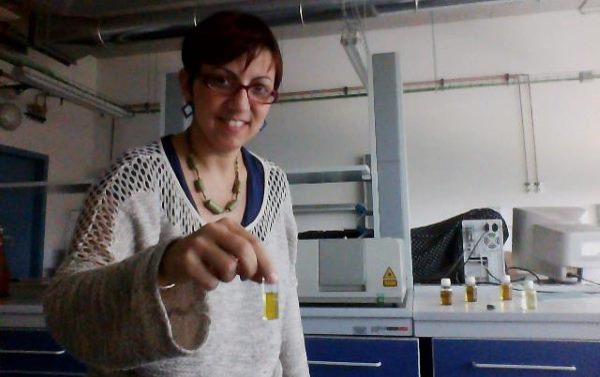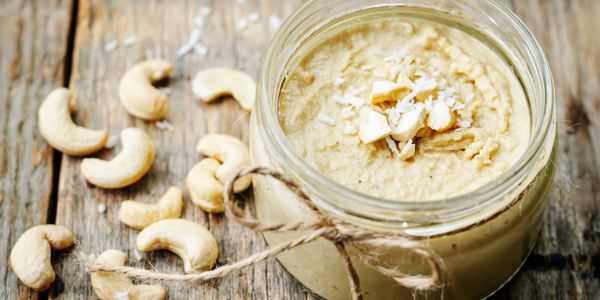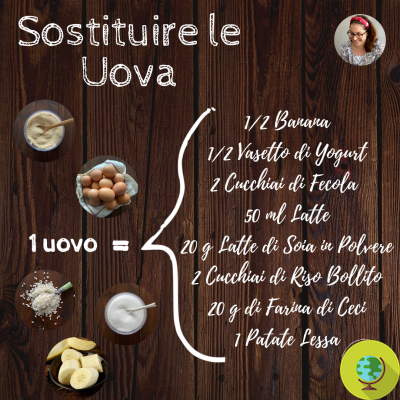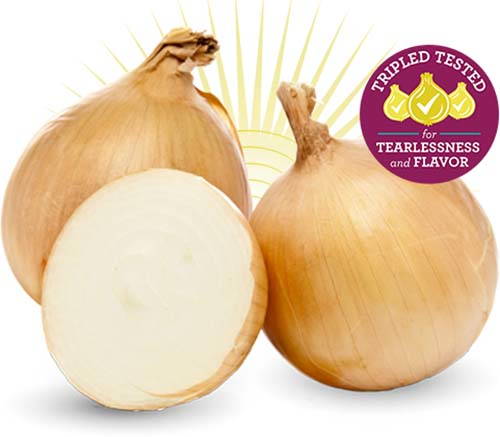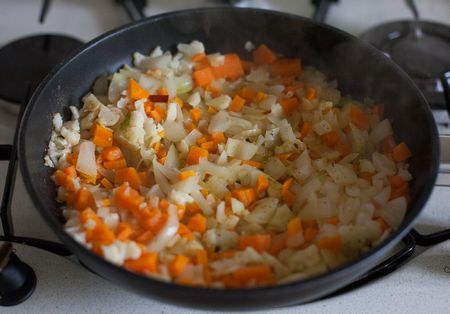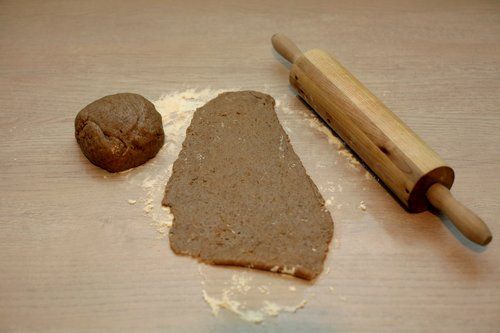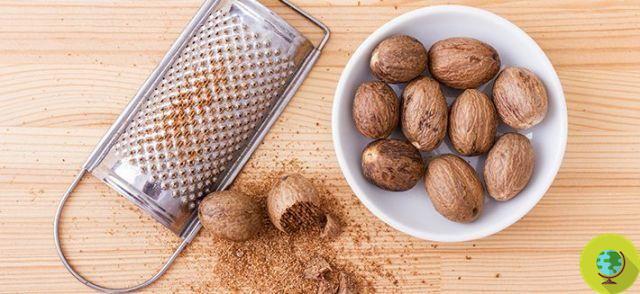
Nutmeg, all the properties and health benefits of this spice of oriental origin.
Don't store avocado like this: it's dangerousLa nutmeg is a spice commonly used in the kitchen, which hides numerous beneficial properties. It is the decorticated seed of Miristica fragrans, an evergreen tree native to the rainforests of the Moluccas Islands, in Indonesia. Nutmeg is used in food preparations by grating small quantities on foods to enrich their flavor.
This spice has been known since ancient times for its characteristic aroma and its own aphrodisiac properties e healing. Nutmeg contains chemical compounds known for their antioxidant properties, which are useful for preventing disease and safeguarding health. It also features numerous volatile essential oils, among which we find cinaol, linalool and terpeniol.
The active ingredients present in nutmeg find numerous therapeutic applications in traditional medicines, who use them for theirs antifungal properties, antidepressant, digestive and carminative, which promote the elimination of intestinal gas and help to soothe colic.
Nutmeg is a valuable source of mineral salts, among which we find copper, potassium, calcium, iron, manganese, zinc and magnesium. The potassium it is a key component in keeping heart rate and blood pressure under control. Manganese and copper are used by the body as co-factors for antioxidant enzymes, while the iron it is essential for the formation of red blood cells. And then rich di Vitamins of group B and contains vitamin C, folic acid and vitamin A, as well as numerous antioxidant flavonoids, such as beta-carotene, considered essential for maintaining good health.
Since ancient times, nutmeg and the oils obtained from it were used in the traditional Indian medicine and Chinese for the treatment of diseases related to nervous system anddigestive system. Some substances contained in nutmeg, such as elemicin and myristicin, have a stimulating effect on the brain and would be able to protect it from Alzheimer's.
Nutmeg contains eugenol, a substance used in dentistry to relieve toothache. The oil obtained from nutmeg is used to carry out localized massages useful for eliminating the muscle pain, articular and rheumatic. The decoctions were instead used against nausea, gastritis and indigestion.
His too should be remembered purifying properties. Nutmeg helps the liver and kidneys inelimination of toxins. It prevents and helps to dissolve the kidney stones, with great benefits for both the digestive and urinary systems. It promotes skin brightness and can be an effective supplement in treating acne, even at the level of cosmetic application.
It favors the relaxation and good sleep, especially if added to bedtime herbal teas, always in very small quantities. It is used in the formulation of mouthwashes and toothpastes because of its antibacterial properties and anti-odorants.
Controindicazioni
Beware of excessive use of nutmeg. This spice is well tolerated in small quantities, but its consumption in large doses it can cause lack of concentration, palpitations and increased sweating. In the most severe cases of real intoxication, nutmeg can provoke hallucinations and delirium
The use of nutmeg, in traditional culinary recipes that include it among the ingredients, occurs in minimal quantities. The use of nutmeg for curative purposes, such as herbal remedy, can only take place under the strict control of a doctor, given the high toxicity of this spice as regards the intake in high doses. Nutmeg must also be used carefully in the kitchen. A intake dose higher than 5 grams it can in fact provoke poisoning. Assumed in higher doses, between 10 and 20 grams, can cause drowsiness or visual hallucinations, and be fatal.
Marta Albè
Photo source: healthmeup.com








